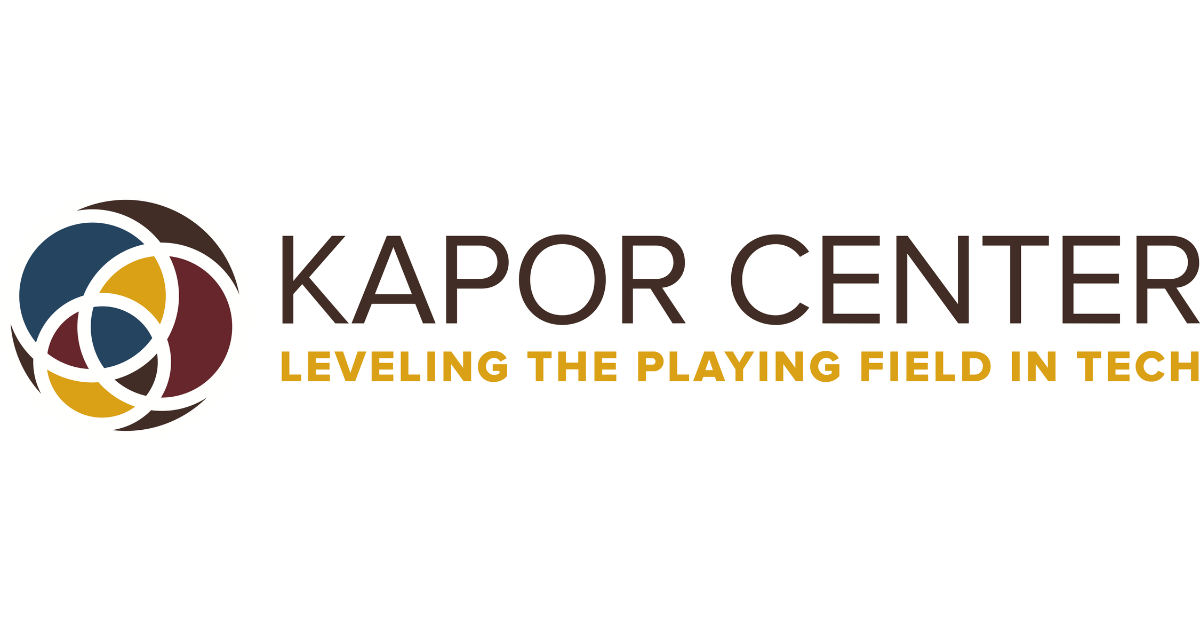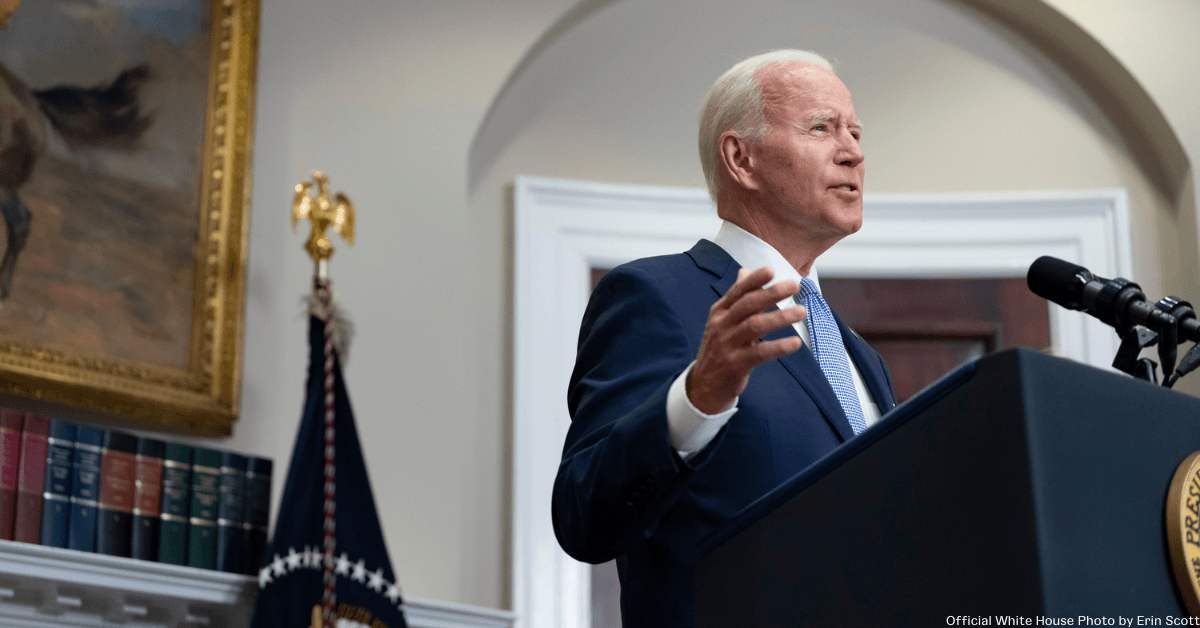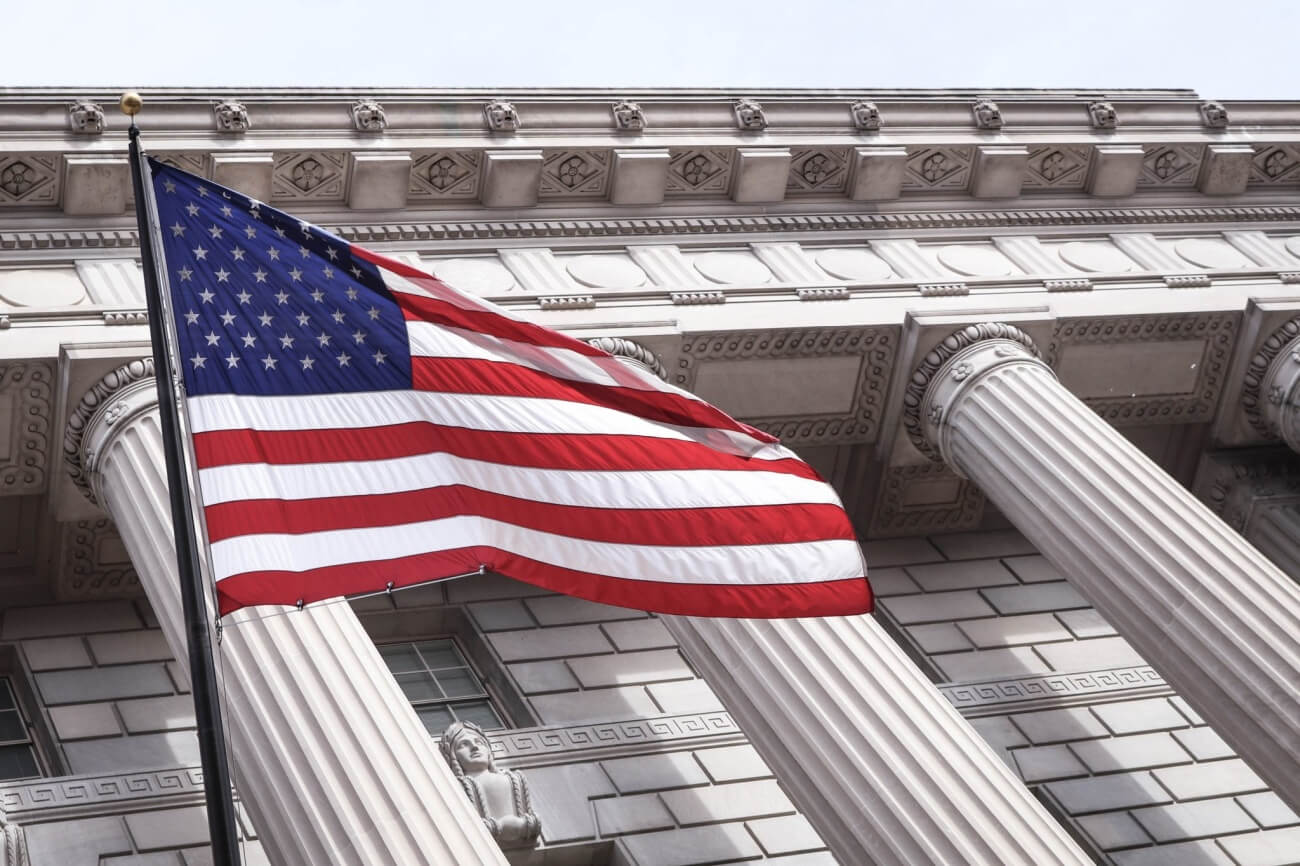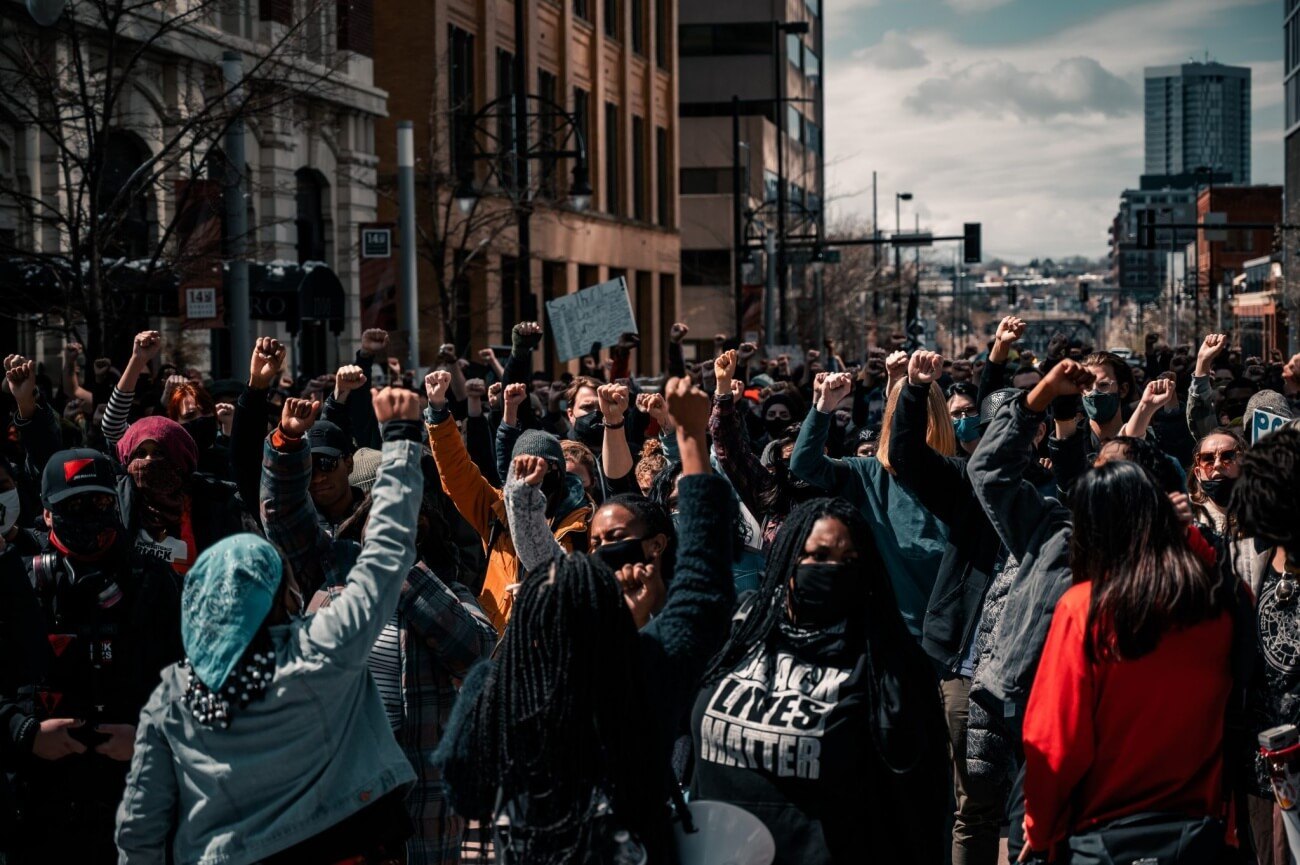KEY INSIGHTS
- Over 700 Black legislators represent millions of constituents on issues from healthcare to racial justice equity for Black communities.
- The 116th Congress has the most African Americans with 52 representatives, two delegates and three Senators.
- The new Public Policy and Research Institute will provide data for Black state legislators to create legislation for communities of color.
Situating solutions within Black communities is the focal point of the National Black Caucus of State Legislators (NBCSL) 45th Annual Legislative Conference. The first day of the week-long event, which is taking place in Atlanta this week, was full of upcoming resolutions, fellowships and considerations on the role of emerging technology to assist legislators in policy production.
“Our legacy is anchored in a commitment to developing policies that address the needs of the Black community,” Billy Mitchell, President of National Black Caucus of State Legislators, said at the conference.
NBCSL held its first legislative conference in November 1977. Now, more than 40 years later, there are over 700 Black legislators representing millions of constituents on issues from healthcare to racial justice and more across the country.
According to a Congressional research service report, 164 African Americans (147 representatives and six delegates) have served in Congress. The current 116th Congress began with the most African Americans with 52 representatives, two delegates and three Senators.
NBCSL is constantly working and supporting efforts on resolutions at the local and national levels.
In the NBCSL Telecommunications, Science, and Technology (TST) document sector,
state legislators are working to increase access to technological equity for communities of color in resolutions like the Bridging the Digital Divide during COVID, which were formed with the belief that people in urban areas should have access to affordable, reliable broadband.
In addition to these 2021 ratified policy resolutions, NBCSL crafted the Expanding Broadband Access In Communities Of Color resolution that supports Black and Hispanic Americans’ access to more broadband resources. The resolution notes that NBCSL supports the U.S. Congress in creating a pathway with funding for infrastructure and connectivity in the identified communities. NBCSL also attended the signing of the new bipartisan infrastructure bill for the support it will bring to Black communities.
The Bridging the Digital Divide resolution urges the U.S. government to provide emergency broadband to low-income Black communities in the next round of stimulus payments. NBCSL also calls on the president and the Federal Communications Commission (FCC) to expand the Lifeline program, a federal program that lowers the monthly cost of phone or internet service, by making permanent changes to broadband internet access.
NBCSL announced at the conference the Public Policy and Research Institute (PPRI) for legislators to create new legislation on current and long-standing issues impacting Black Americans.
“We have to be purposeful and intentional about what we do when it comes to the Black community because we are usually the most targeted.” Donna McLeod, a member of the Georgia House of Representatives, told The Plug.
PPRI provides real-time support for Black legislators. The institute partners with the Ronald W. Walters Leadership and Public Policy Center at Howard University, according to the organization, but there is no existing policy institute solely dedicated on a state level to Black communities. The NBCSL PPRI will create a new policymaking system to meet the needs of today’s state legislators and utilize data to form new legislation aimed at addressing racial inequity.
Amazon is among supporters of the NBCSL and Howard University collaboration. Amazon and NBCSL have partnered to create public policy initiatives by Black State legislators and elevate equity in communities of color. Other methods for evaluating think tanks and support from Historically Black Colleges and Universities (HBCU).
PPRI stands to be U.S.’s only nonpartisan think tank focusing on providing public policy research to state legislators, emphasizing the Black community. In keeping with that vision, PPRI will generate evidence-based research in key policy developments. According to the NBCSL, data will be available for state legislators and thought leaders across the country for free or a nominal fee.
The conference will carefully explore policy solutions that have the biggest impacts on Black Americans in the coming days.








